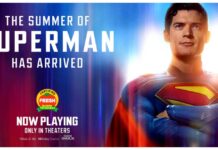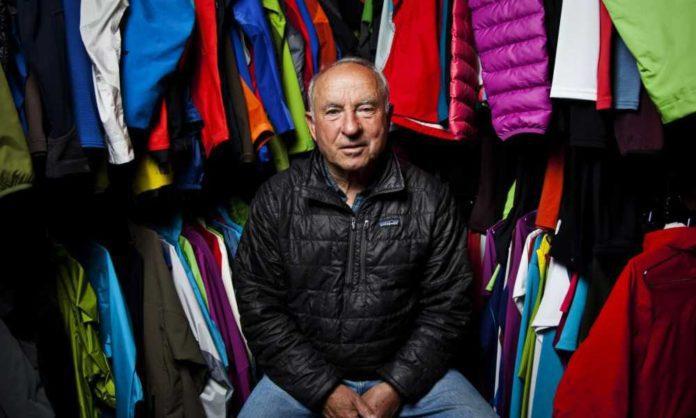What comes to your mind when you hear the word Patagonia? If you are not a geography buff then most likely, you would associate the name with one of the most sustainable brands in the world. If you are a geography buff, you might say it is a cone-shaped peninsula in Southern America that makes the part of both Chile and Argentina. How come a geographical region has been associated with a brand name that has the fame to be the most sustainable brand in the world?
Behind the phenomenal brand positioning of Patagonia is the personality of the founder of Patagonia Yvon Chouinard. If Yvon Chouinard, growing up in California, had not been an avid rock climber, there would not have been Patagonia, US outdoor clothing brand.
Writing in his autobiography “Let my people go surfing” he called himself a reluctant businessman and reserved some of the harshest words for businesses as he called them enemies of nature and held them responsible for poisoning the earth with effluents from factories. Yet, he believes that businesses can enrich people’s lives by becoming a source of good.
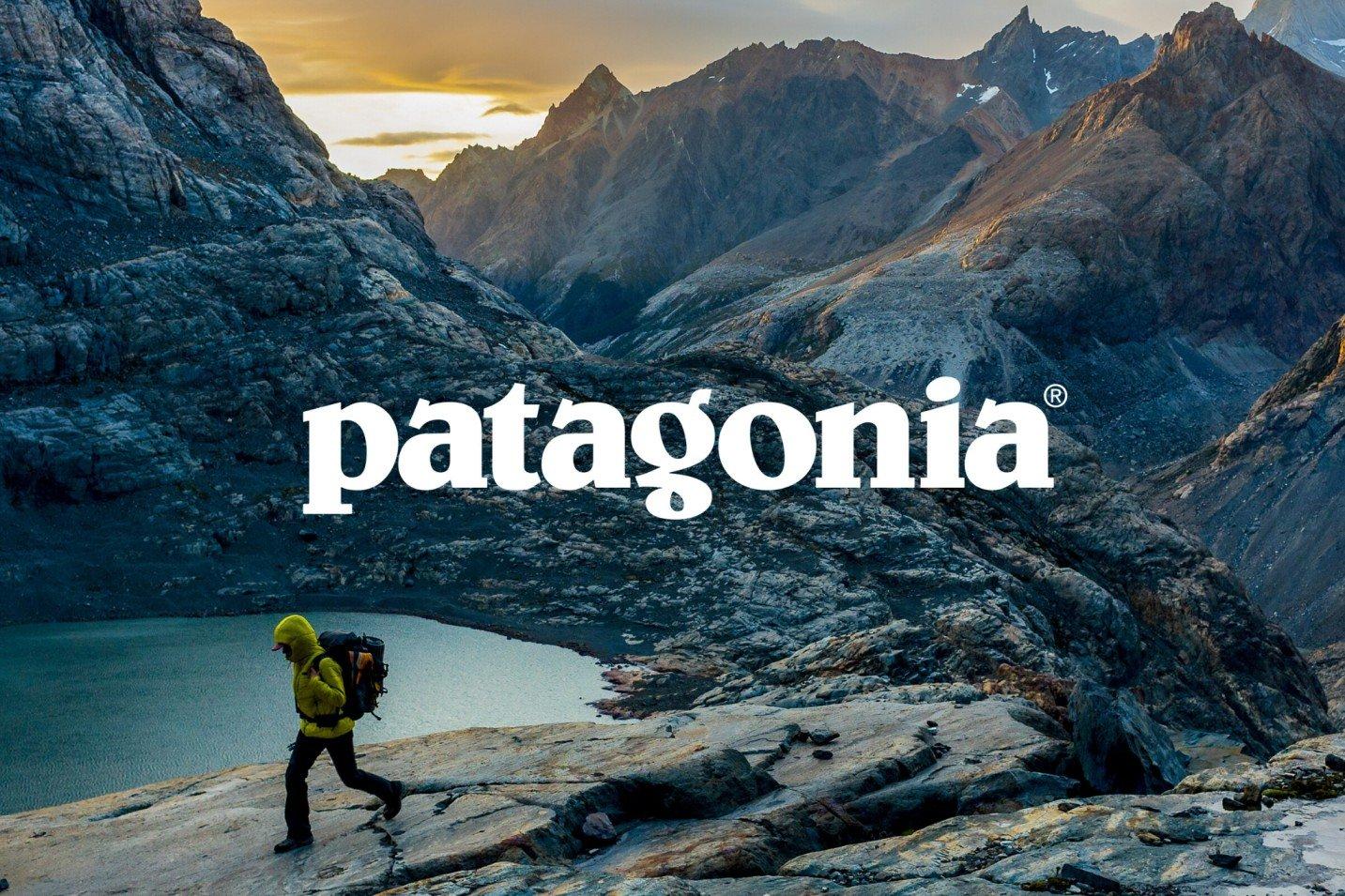
True to the vision of its founder, Patagonia positions itself as a brand that serves as a platform for consumers who care for the earth and its environment. Making “Earth” its only shareholder, Patagonia donates 1 percent of its sales to environmental activists. Recently they have announced that Patagonia Purpose Trust will hold all voting rights of the company. The move is aimed to protect the company’s purpose orientation, independence, and values.
Patagonia recognizes that there is an inherent tension between consumerism and environmental protection. Its famous campaign “Don’t buy the jacket” may seem counterintuitive for a business but it conveys the message to buy only if it is necessary. Hence, Patagonia strives to produce products that last long, and the need for buying more is curtailed.
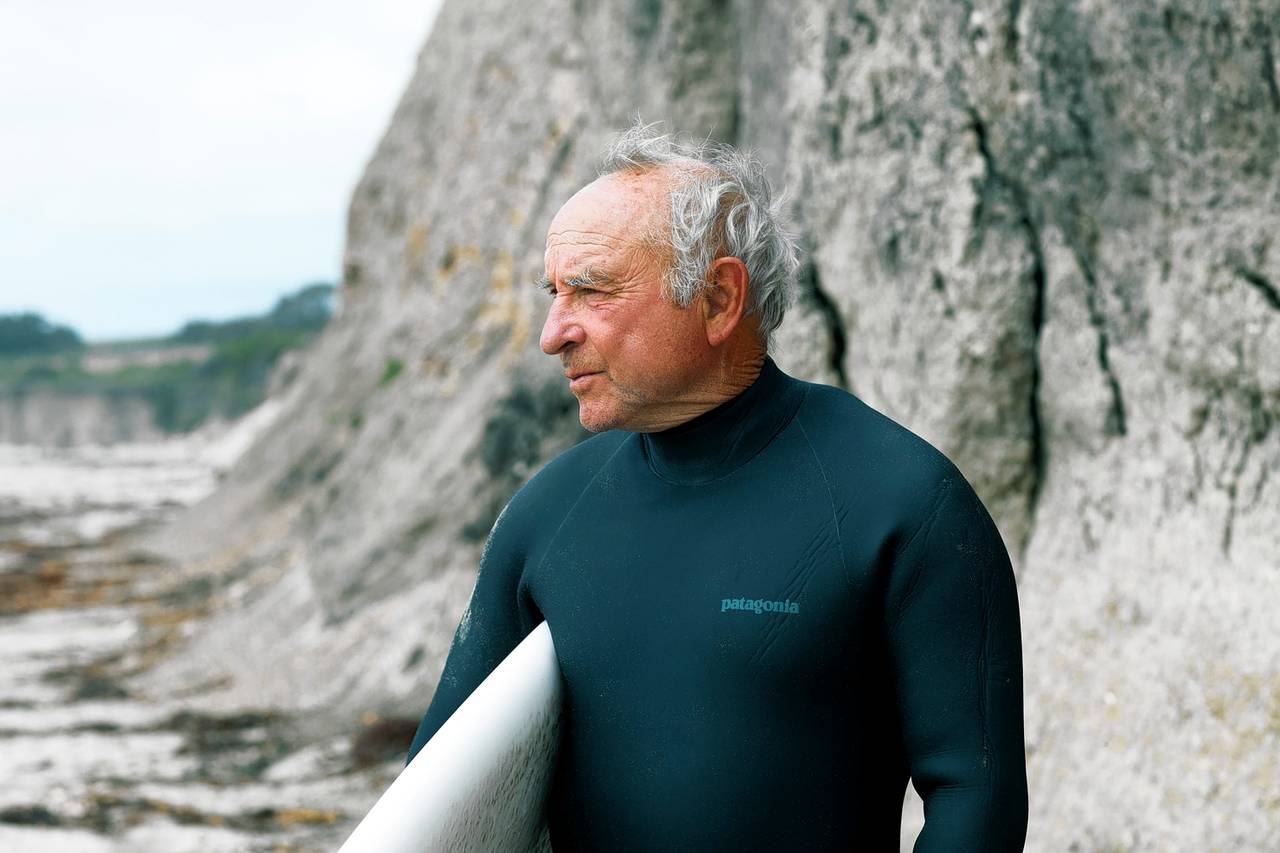
Yvon Chouinard’s love of nature precedes the creation of the brand Patagonia. It was rock climbing in California that made him think of the negative impact of pitons, and metal spikes, on rocks. Rock climbers used to leave the pitons after climbing but Chouinard’s wanted to use pitons that could be removed after the rock climbing so that the rocks are preserved from the damage. His love for keeping the rocks in their natural state led to the establishment of Chouinard’s Equipment which made reusable pitons for the preservation of rocks in their natural state. By the 1970s, the company became the largest supplier of climbing equipment in the United States.
Throughout his life, he climbed rocks and icefalls and one of his favorite destinations was Patagonia which he visited first in 1968. Five years later, he launched a new brand Patagonia to sell outdoor apparel. The name Patagonia was chosen as it evoked, “romantic visions of glaciers tumbling into the fjord, jagged windswept peaks, gauchos, and condors” wrote Chouinard in his biography. The company wanted to sell outdoor apparel for such terrains. They created a label for the company made of the skyline of Mount Fitzroy in Patagonia.
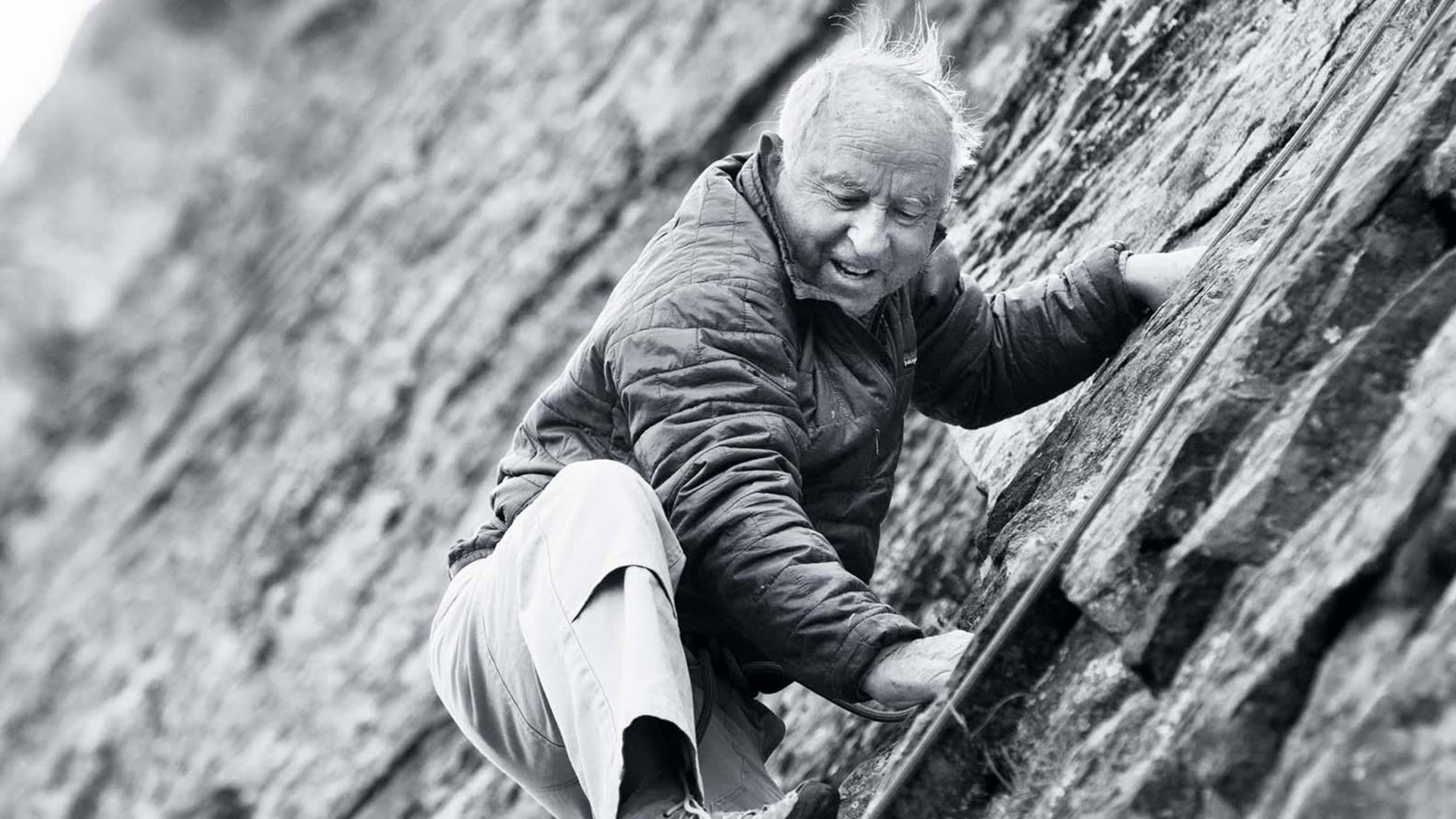
It was in 1991 when the company faced an existential crisis that he led his top managers to the mountains of Patagonia to think about fundamental questions of why they were in business and what they wanted Patagonia to be. In return, it was clear to them they want to produce products that enhance both human and environmental conditions. They want to play a role to protect all life on Earth but had become increasingly vulnerable due to the economic system that promotes short-term profit and the notion of expansion at the cost of quality of life, loss of biodiversity, and cultural diversity. The life journey of a reluctant businessman has many lessons to be learned for creating eco-friendly businesses.
- First, an authentic eco-friendly image of a business cannot be created by those who do not love and care for the ecology of Earth. The disconnect between corporate leaders and nature creates the myth that we are insulated from the impacts of decisions that are taken in corporate boardrooms. Hence, the bond between nature and business leaders needs to be strengthened.
- Second, we are not above nature but part of nature, businesses need not to forget their right position. Businesses are part of society and society is embedded in the ecology of Earth.
- Third, changing the world is everybody’s business and businesses should transform themselves as a platform for customers to participate in the causes they care for.
- Fourth, long-term vision should prevail over short-term interests. Patagonia has gone “going purpose” instead of “going public” to protect the source of all wealth: The Nature.
- Fifth: Creating a brand associated with nature, sustainability, and love for the environment demands a paradigm shift in the conventional ways of doing business. Consumerism that leads to the allocation of scarce resources to goods that are not required damages the environment in the long run. Customers are the custodians of goods and they should not buy stuff if it is not absolutely necessary.
The overall message that we get from the story of Patagonia is that profits can be made without losing the soul.






























